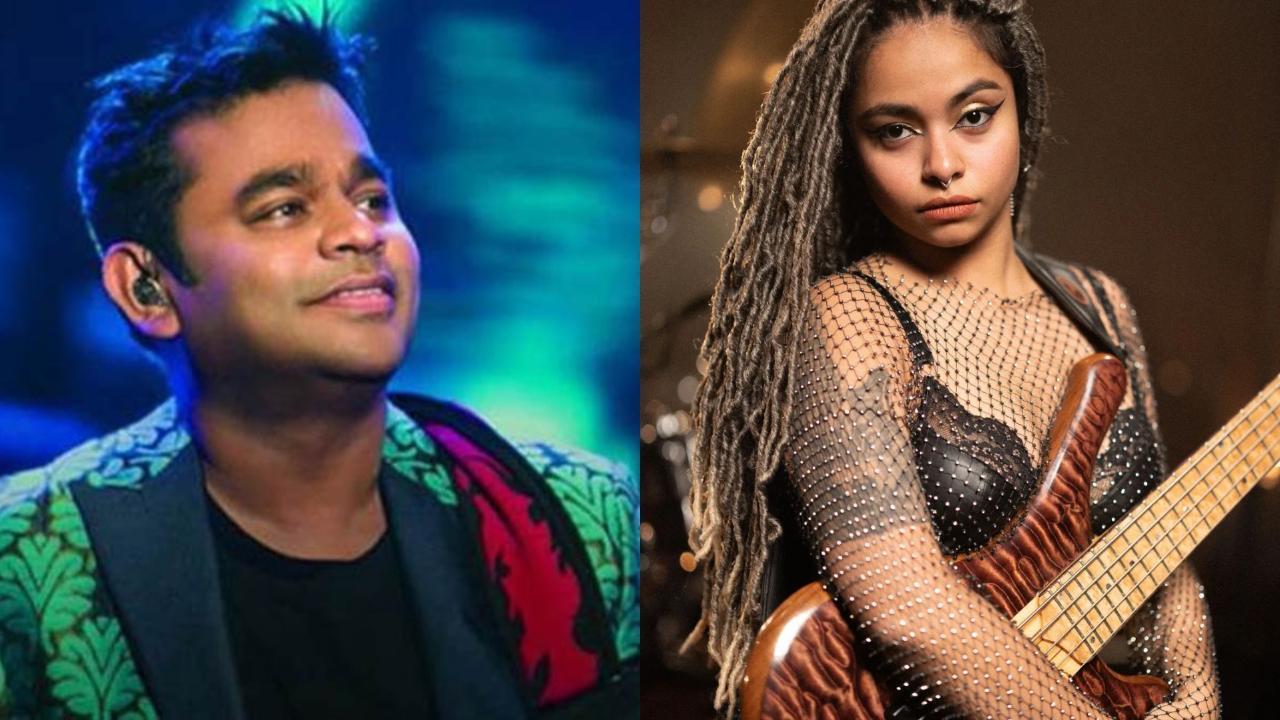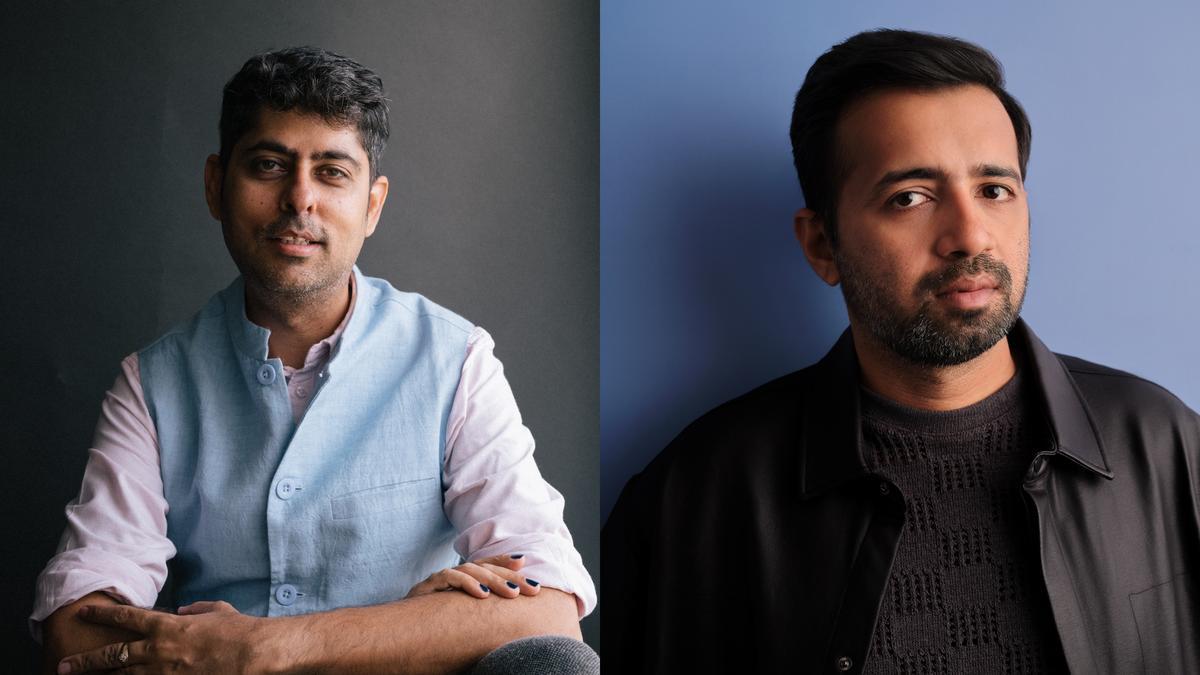
Alia Bhatt has been subjected to another viral deepfake video, making it the second such incident this year, and the turmoil among her fans has been explosive. The controversial video, which had amassed over 17 million views on Instagram before its swift deletion, portrays what looks like Bhatt engaging in the popular GRWM (Get Ready With Me) trend. This disturbing phenomenon once again shines a glaring light on the misuse of artificial intelligence and its growing implications for digital security and privacy.
Circulating on social media, the deepfake video was posted by an Instagram user under the pseudonym Sameeksha Avtr. The content bizarrely features “Alia” donning a black kurta, meticulously applying makeup, and confidently posing for the camera, with intricate details so precise that it is almost impossible to detect its falsity at first glance. The extent to which these computer-generated manipulations have advanced is both astonishing and alarming, leaving fans utterly bewildered and furious.
This latest video comes on the heels of a previous incident that occurred in May. During this earlier episode, another deepfake video surfaced, seamlessly superimposing Bhatt’s face onto the body of actress Wamiqa Gabbi. That video depicted “Alia” dressed in a floral co-ord set, with the mimicry of her voice and gestures executed so convincingly that it too went viral, igniting widespread outrage. The recurrence of such incidents is creating an alarming pattern that raises several critical questions.
The explosion of deepfake videos poses profound challenges to digital integrity. The misuse of AI technology to create such hyper-realistic videos without the subjects’ consent has already sparked a worldwide debate. Experts stress the urgent need for stricter regulations to curb this menace. These videos do not just harm the subjects’ reputations but could also be weaponized to spread misinformation, fake news, and malicious propaganda, making the urgency for intervention all the more critical.
“Deepfakes threaten the very essence of our digital identities. They not only tarnish reputations but also pose a serious threat to privacy,” said a renowned cybersecurity expert. “It’s imperative that we enact and enforce strong digital regulations to combat and penalize the creators and distributors of these videos.
.”
Looking back, this isn’t an isolated case. Similar incidents involving high-profile figures can be traced back, such as the case involving actress Rashmika Mandanna last year. Delhi Police had then apprehended suspects who had disseminated a deepfake video of Mandanna, which portrayed a woman named Zara Patel in an elevator, with Mandanna’s face manipulated onto her body through AI technology. The Delhi Commission for Women had stepped in, resulting in a First Information Report (FIR) being registered by the Intelligence Fusion and Strategic Operations unit of the Delhi Police.
The Bollywood industry finds itself under a recurring siege from these AI-generated forgeries. For instance, Hindi cinema celebrities have experienced similar violations, triggering a series of legal and public outcries. These incidents highlight a growing need for a deeper understanding of digital technologies and immediate steps to protect public figures.
The existence of these manipulated videos begs the question—how do we protect ourselves in an increasingly digital world where the lines between reality and artificiality can be so easily blurred? Cyber law experts suggest an amalgamation of advanced technological solutions alongside robust legal frameworks to detect and neutralize deepfakes before they can cause harm.
In response to these incidents, platforms like Instagram and YouTube have been working to implement stricter guidelines and technologically advanced detection methods. However, these measures are often reactive rather than proactive, and the rapid pace of technological advancement in creating deepfakes often outstrips the development of tools to detect them.
“Artificial Intelligence, when used responsibly, has the potential to revolutionize industries. However, its misuse holds the potential for unprecedented harm. We need a societal collaboration that integrates tech innovation with strong regulatory frameworks to safeguard our digital future,” echoed voices from cybersecurity think tanks.
As deepfake technology continues to evolve, its potential for misuse becomes harder to ignore. Alia Bhatt, much like her fans and public advocates, remains in the crosshairs of this ongoing digital battle. The need for vigilance, legal action, and technological countermeasures is at an all-time high as society grapples with the dark side of the digital age, seeking to safeguard the truth in an era of artifice.










